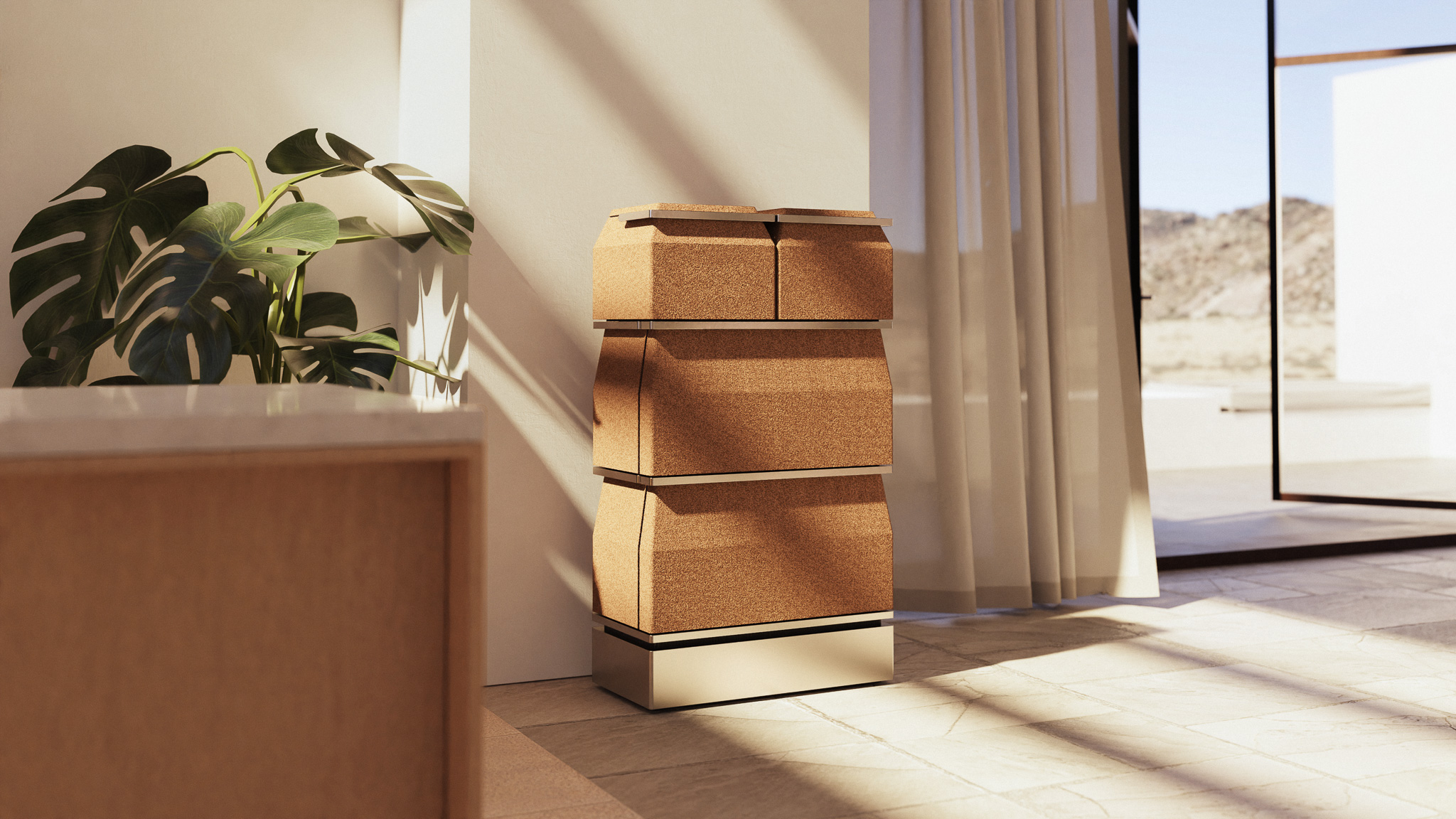
Most food storage methods have been replaced by the use of refrigerators or refrigerator-freezers. These are mostly very tall, inflexible appliances that consume a lot of energy and do not adapt to the fluctuating needs of users. In order to meet the individual storage conditions of our everyday food, the interior of the appliances is elaborately subdivided and insulated. In addition, refrigerators with their monolithic appearance rarely fit into the living space. Their dimensions are suitable only for use in kitchens.
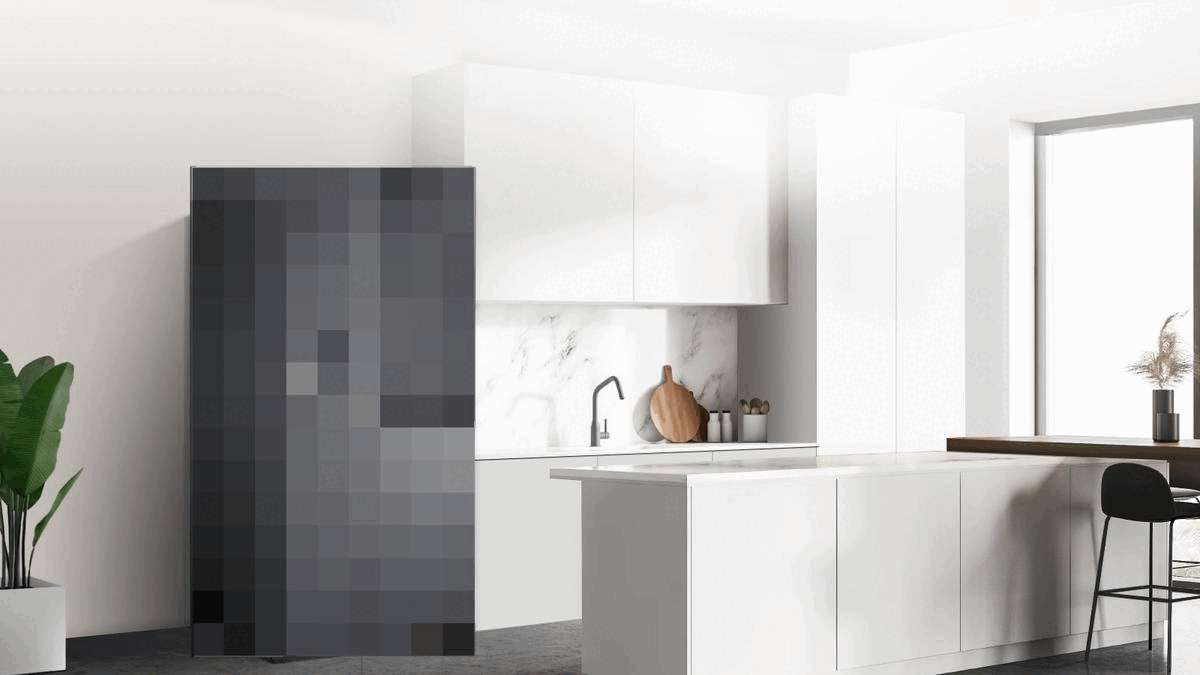
celsius is a modular and expandable cooling system. A rental service allows users to use the system on a long-term as well as on a temporary basis. Celsius consists of different units that can be positioned at various locations. The Base Unit is the only component with active cooling technology and provides a constant flow of cool air, which is directed through valves into the interior of the Storage Units. The cooling temperature and humidity of the interior can be controlled individually via an app and is independent of the position of the unit. The smaller Outdoor Unit is suitable for outdoor use and cools its contents exclusively with the ambient temperature. Sensors control the valves depending on the temperature and air quality. If it gets too hot to provide constant cooling, the Outdoor Unit can be connected to the cooling circuit of a Storage Unit. The battery is charged and the stored contents cooled. The energy-efficient system enables versatile use in private environments, but also in offices, stores, pharmacies and restaurants.
Function
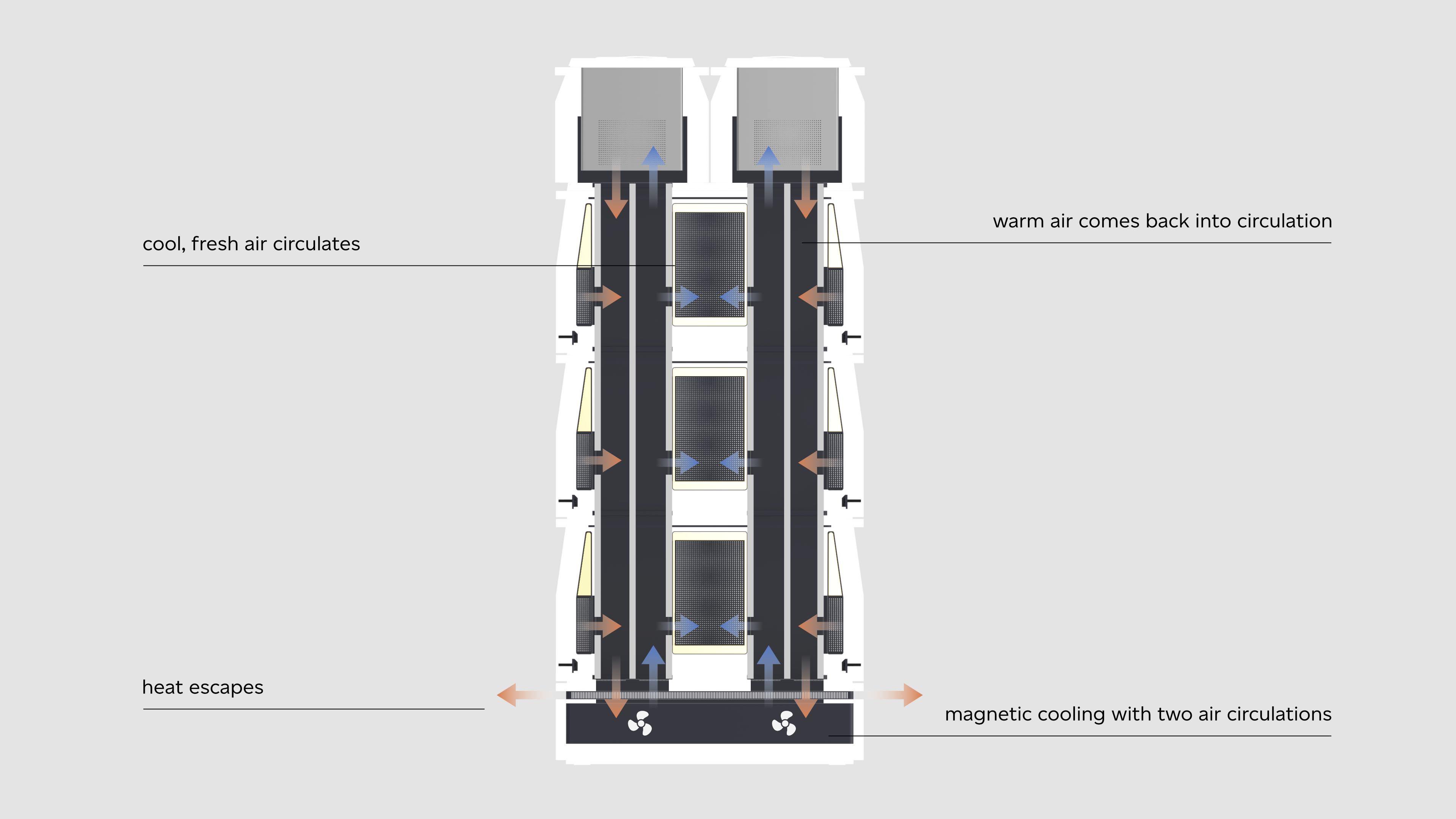
Prototype
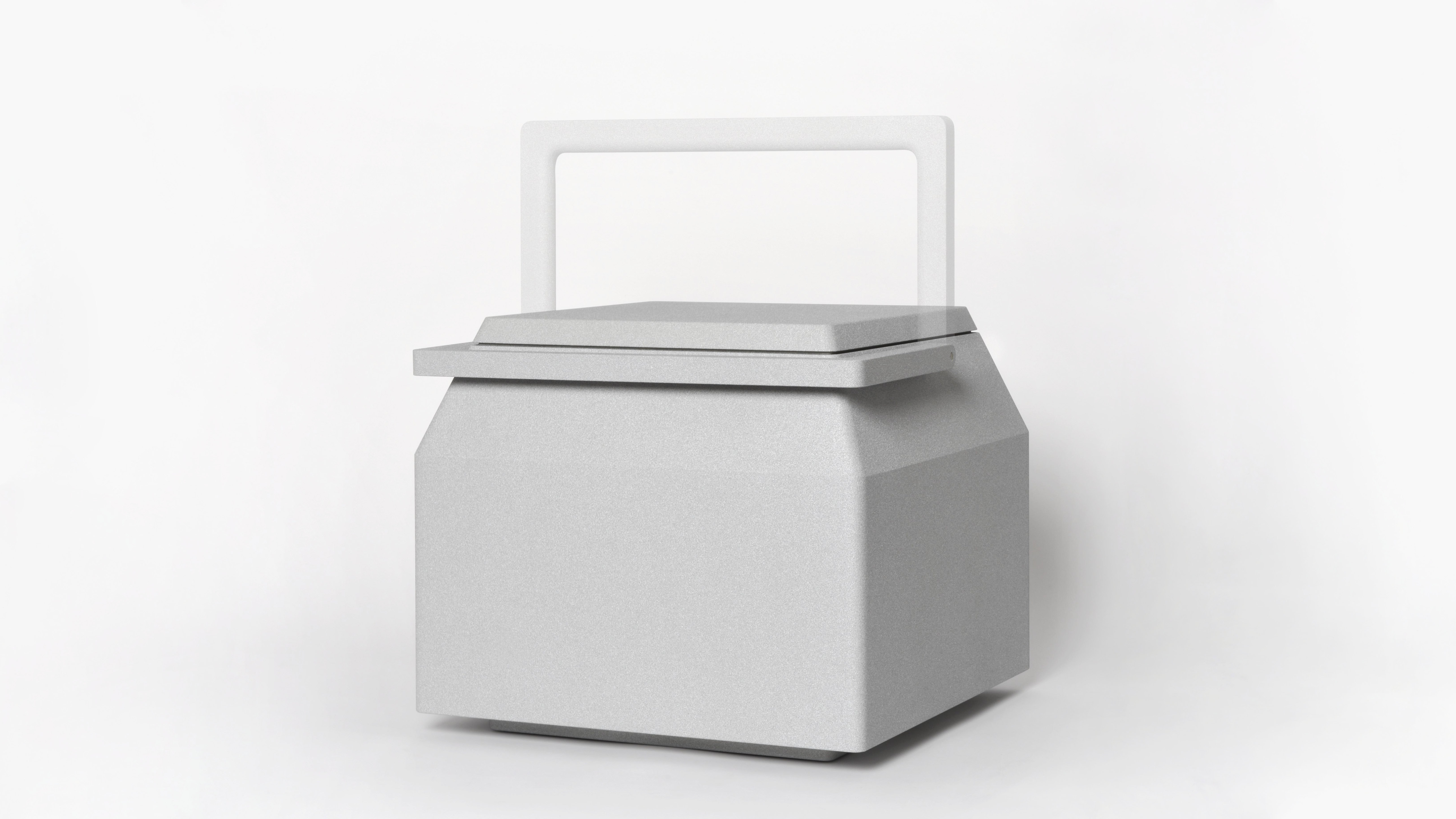
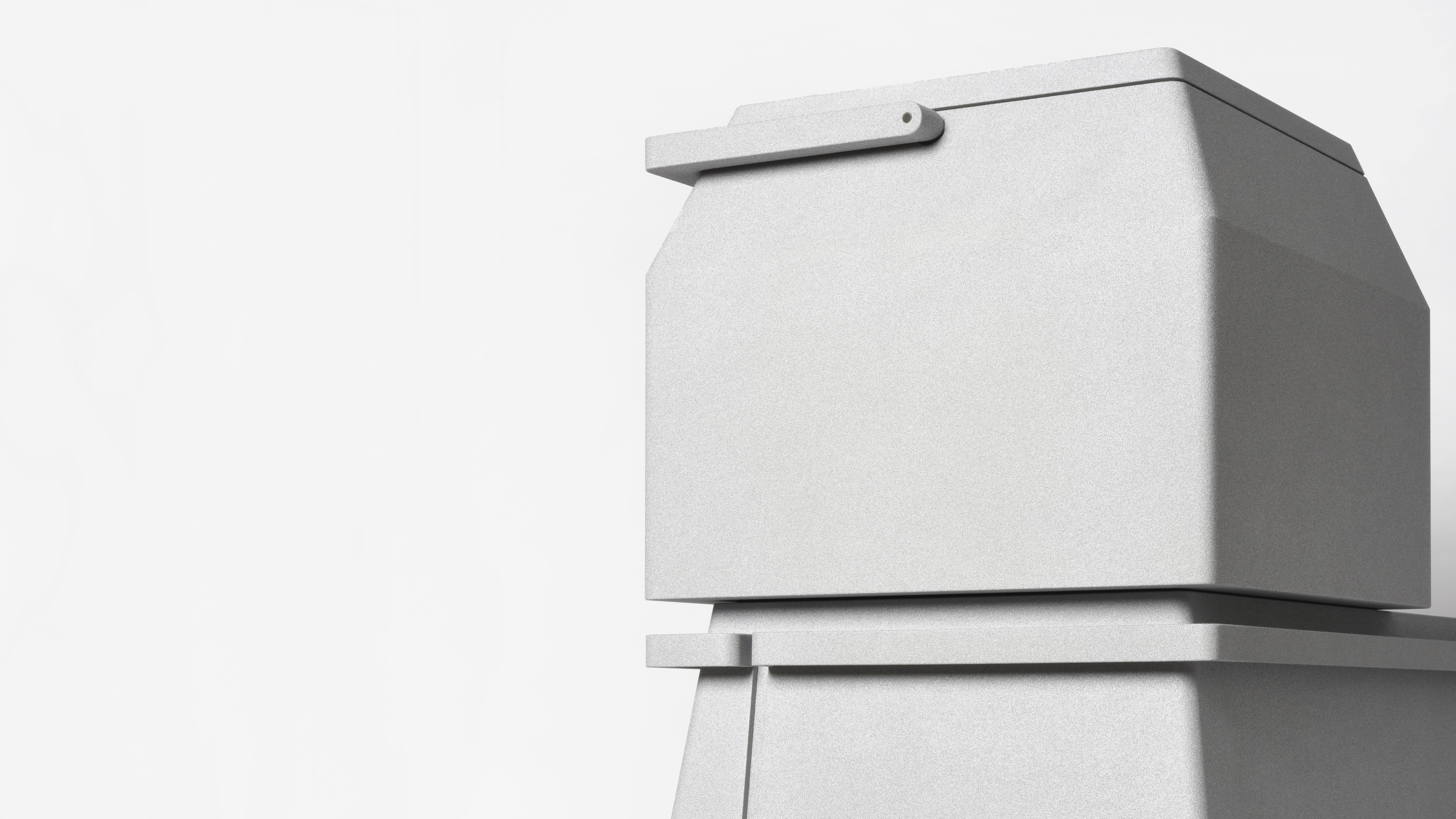
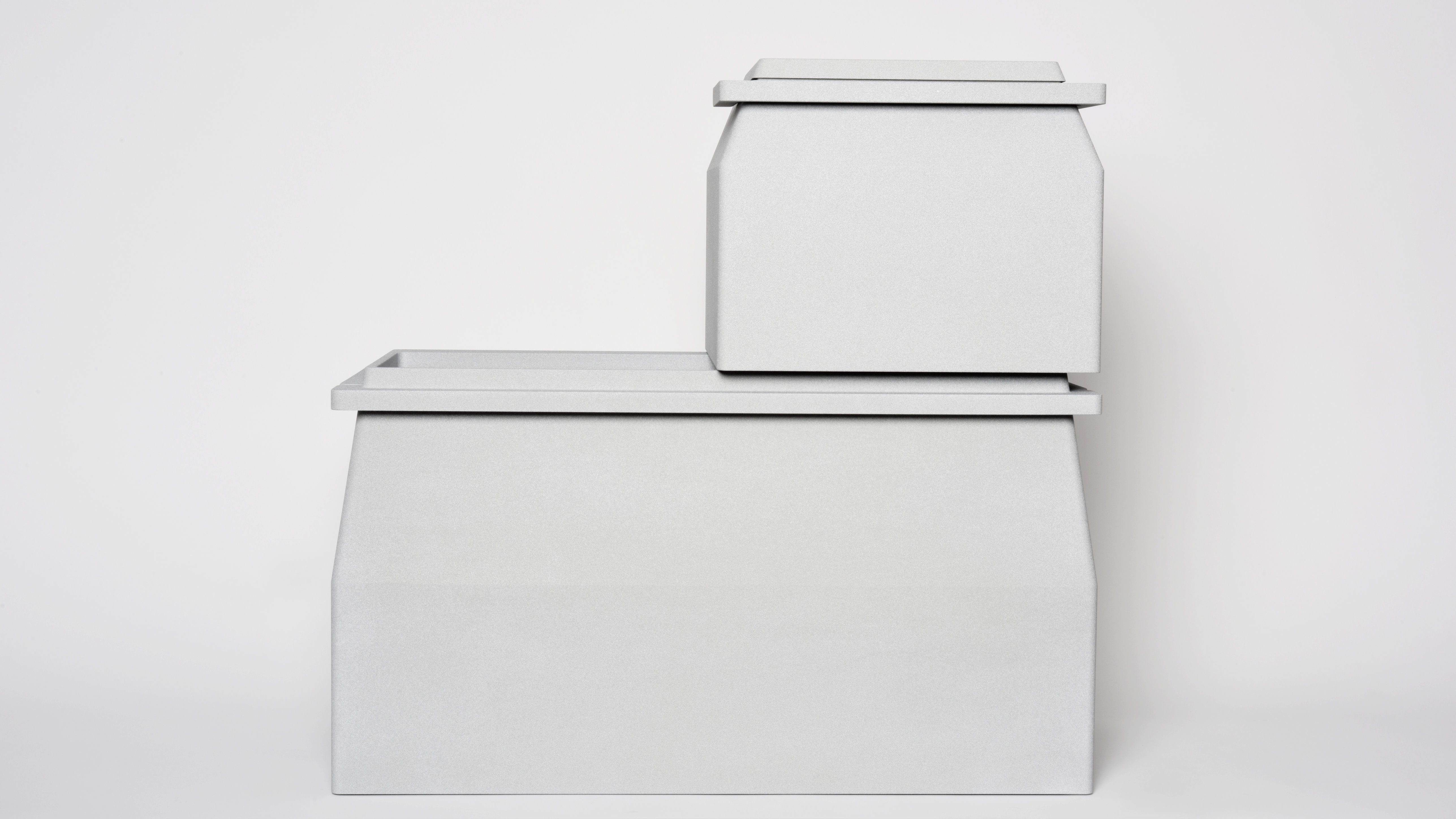
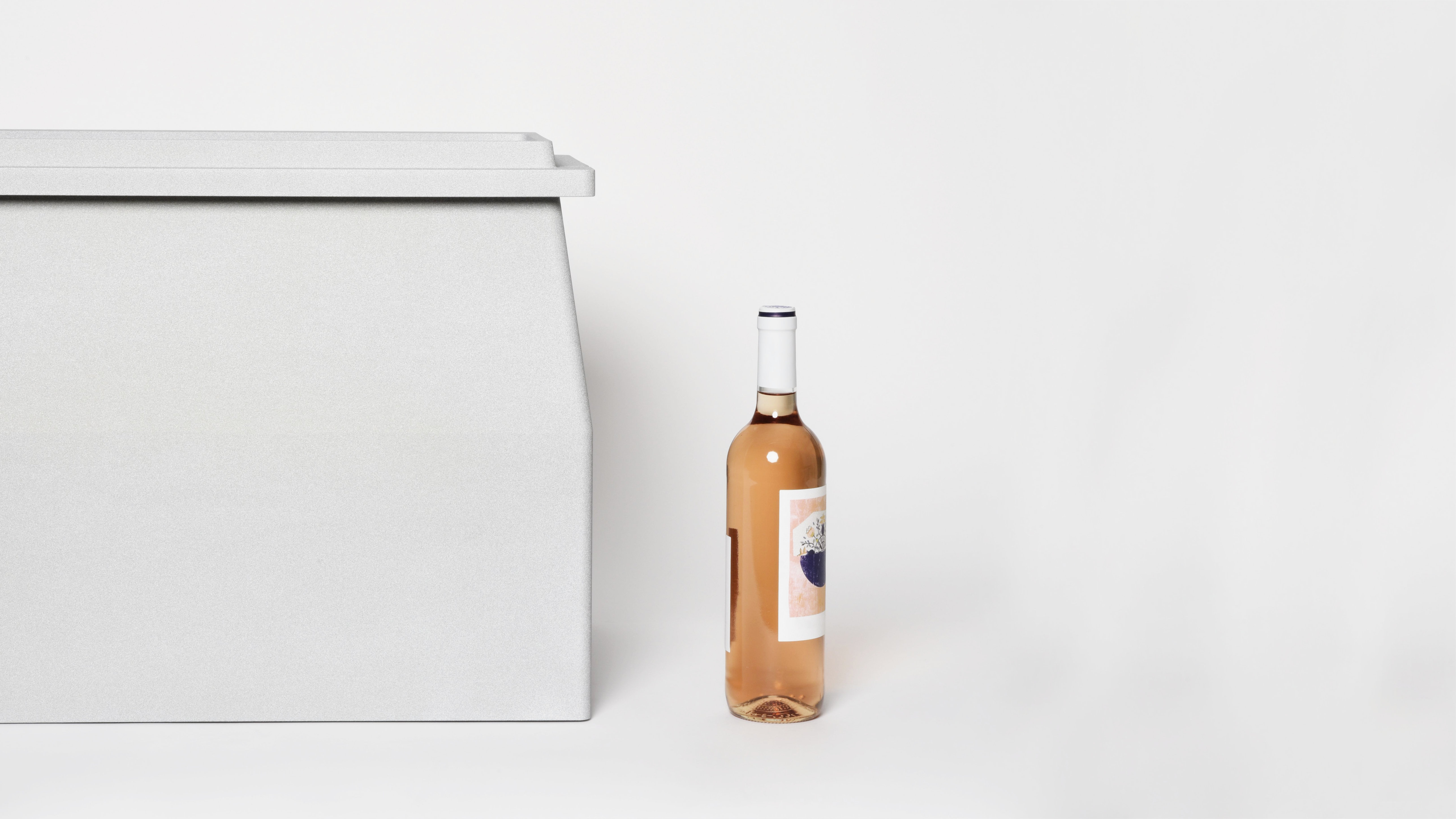
Indoor Storage
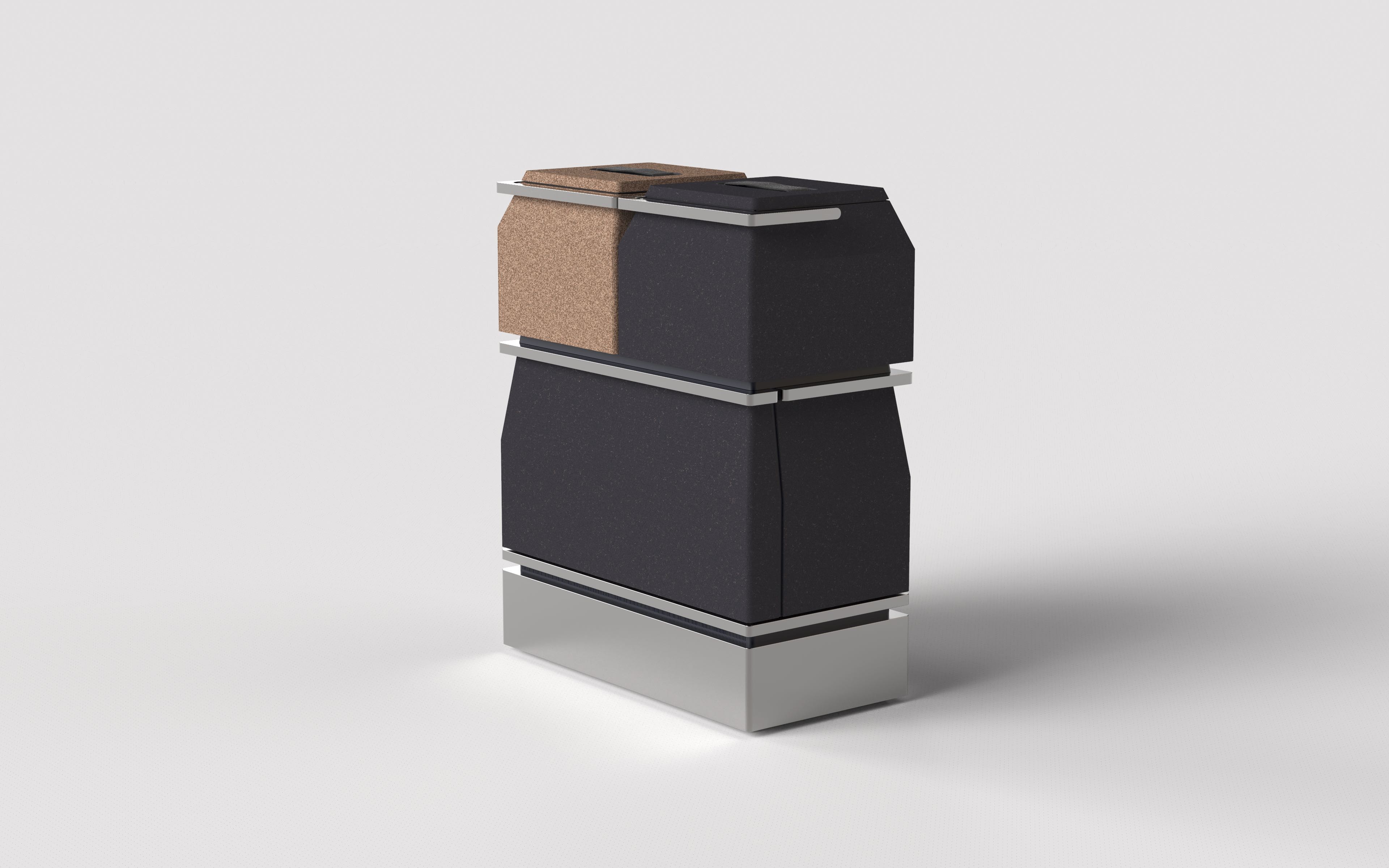
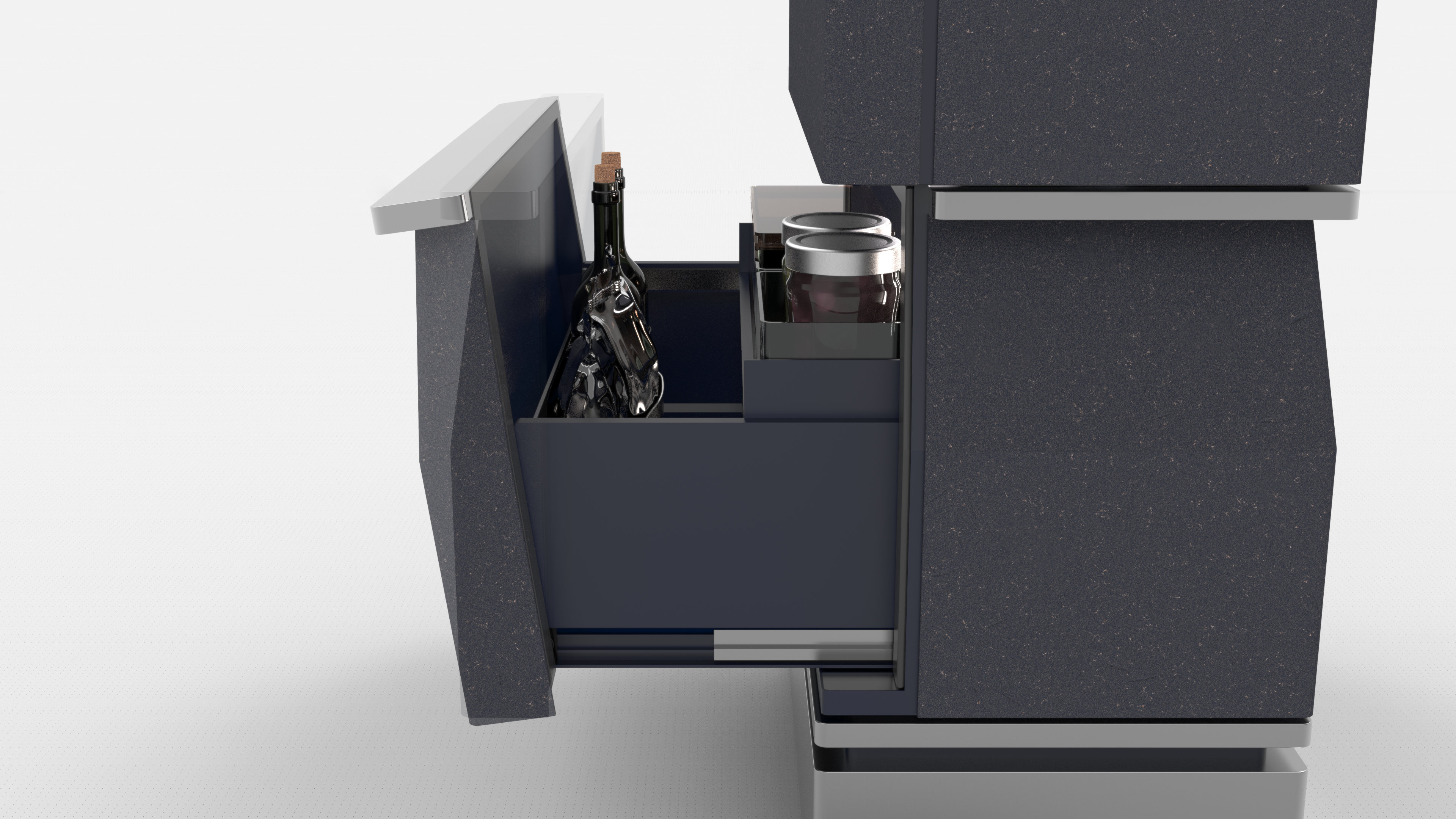
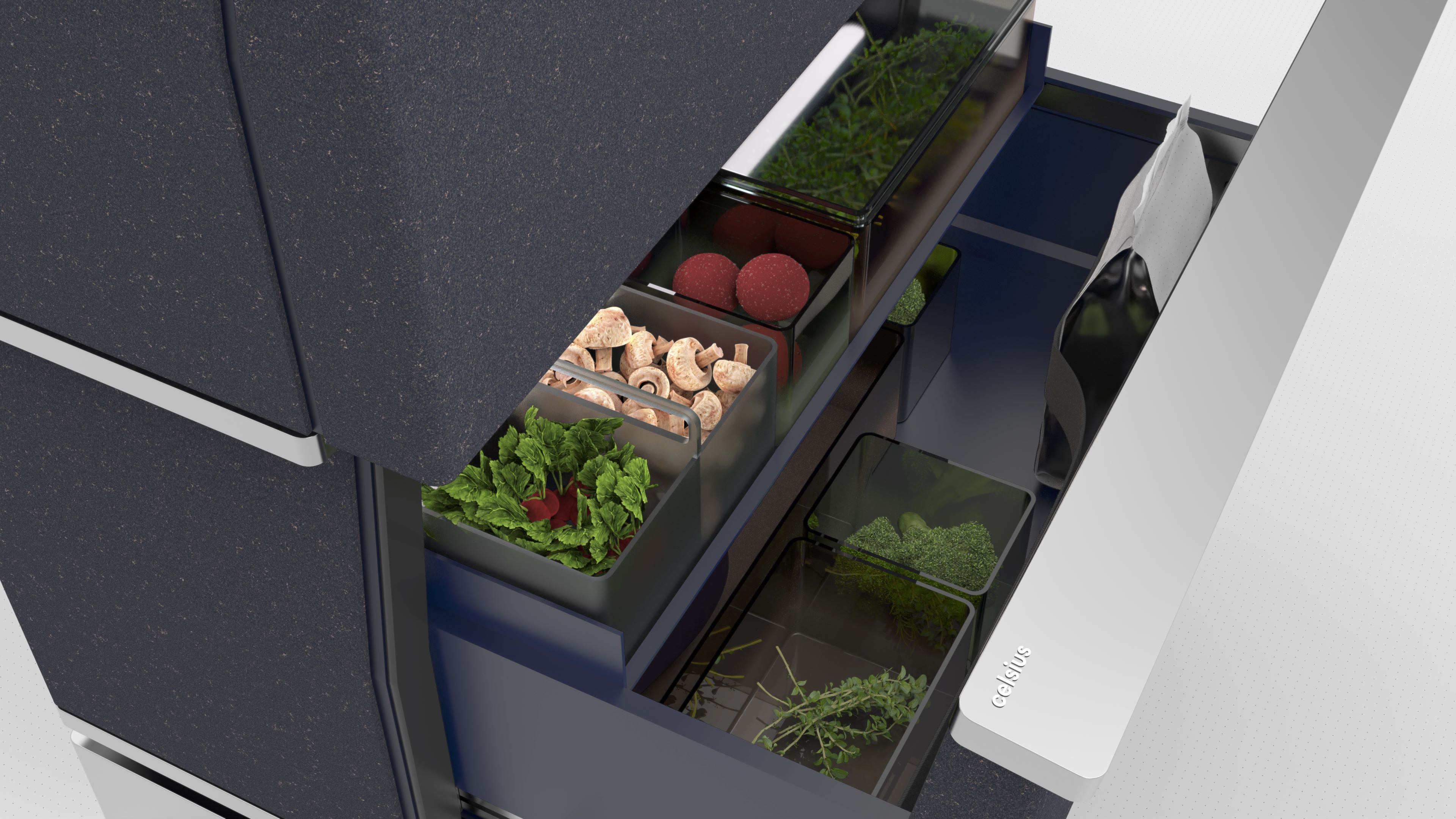
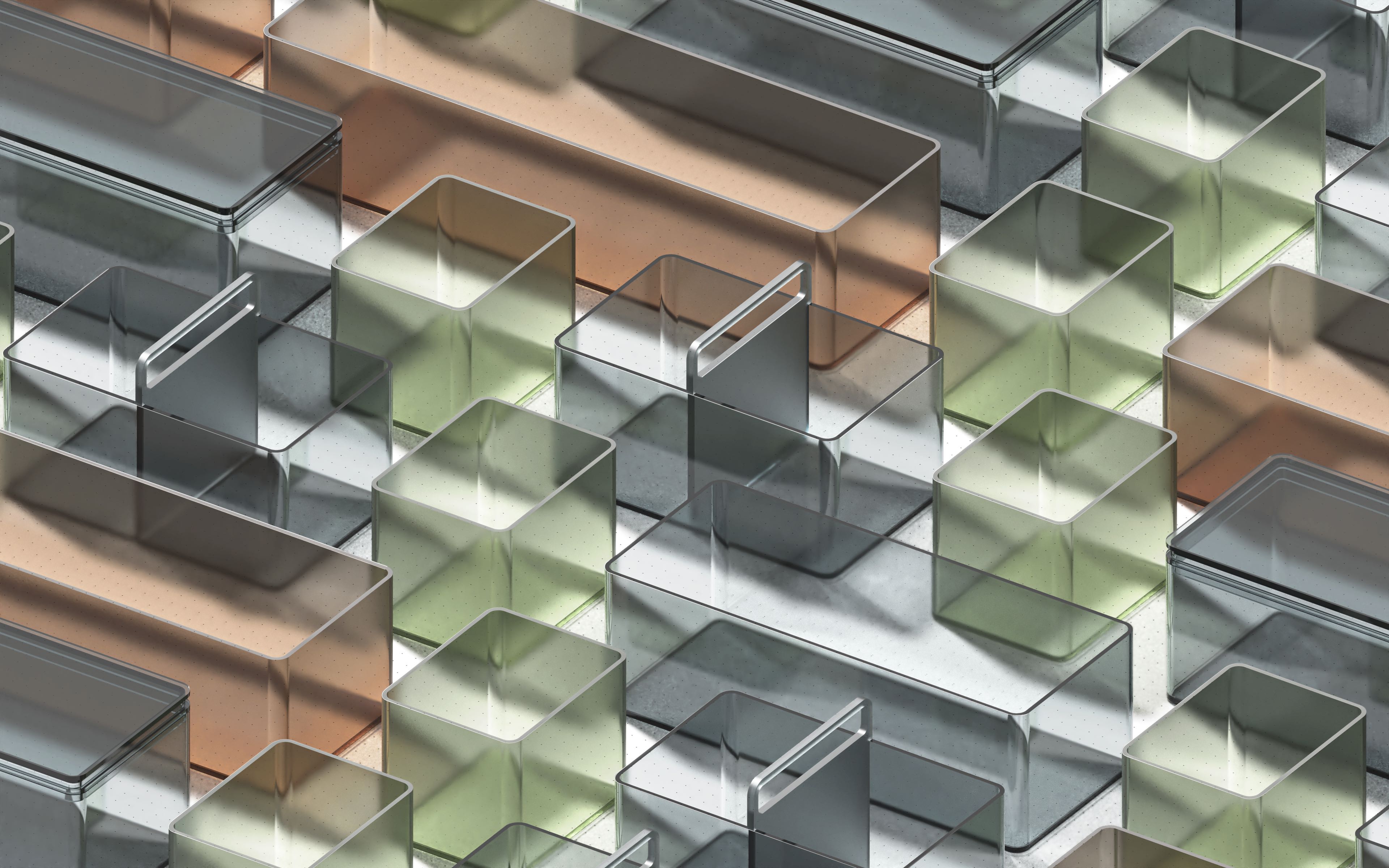
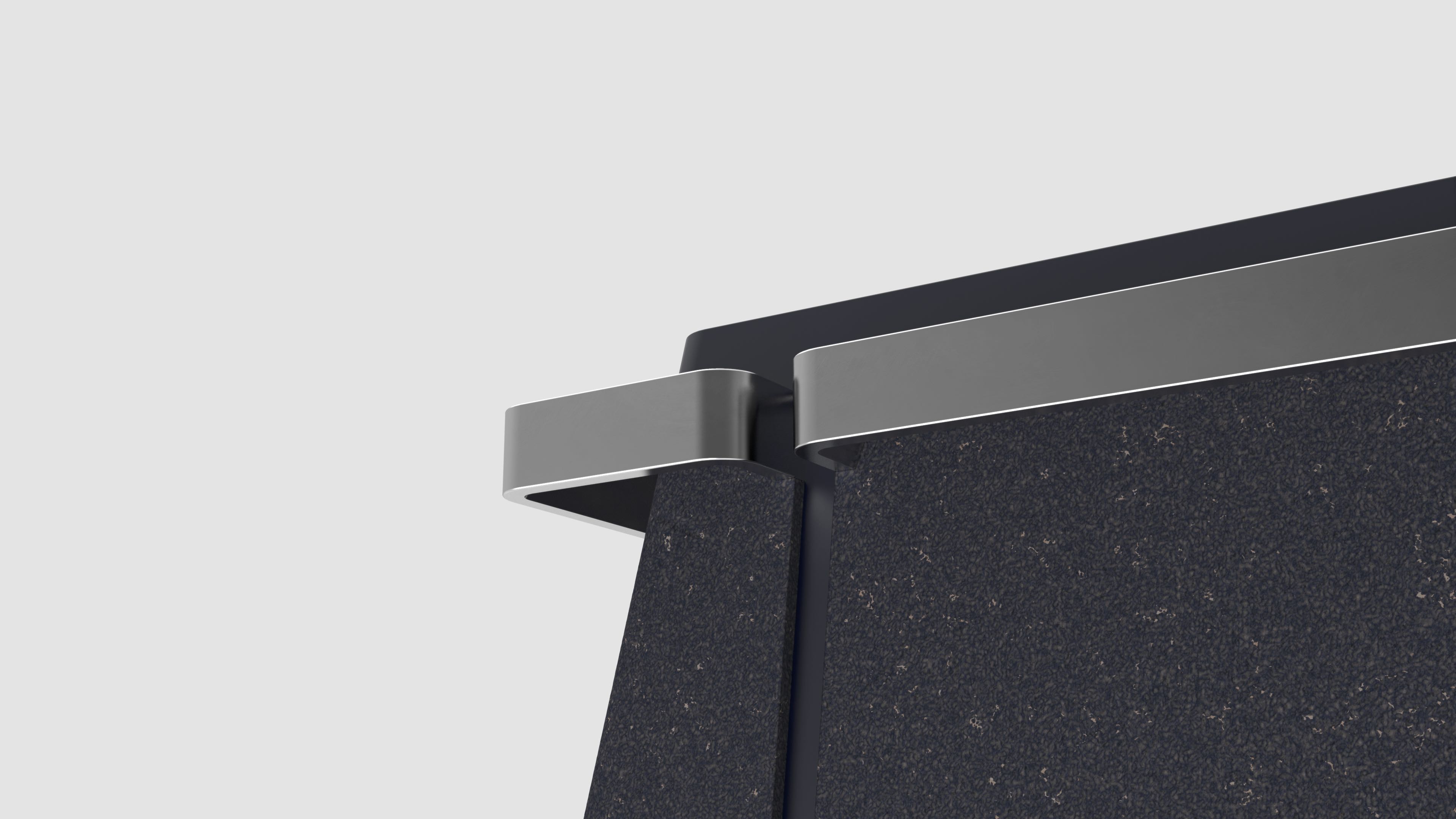
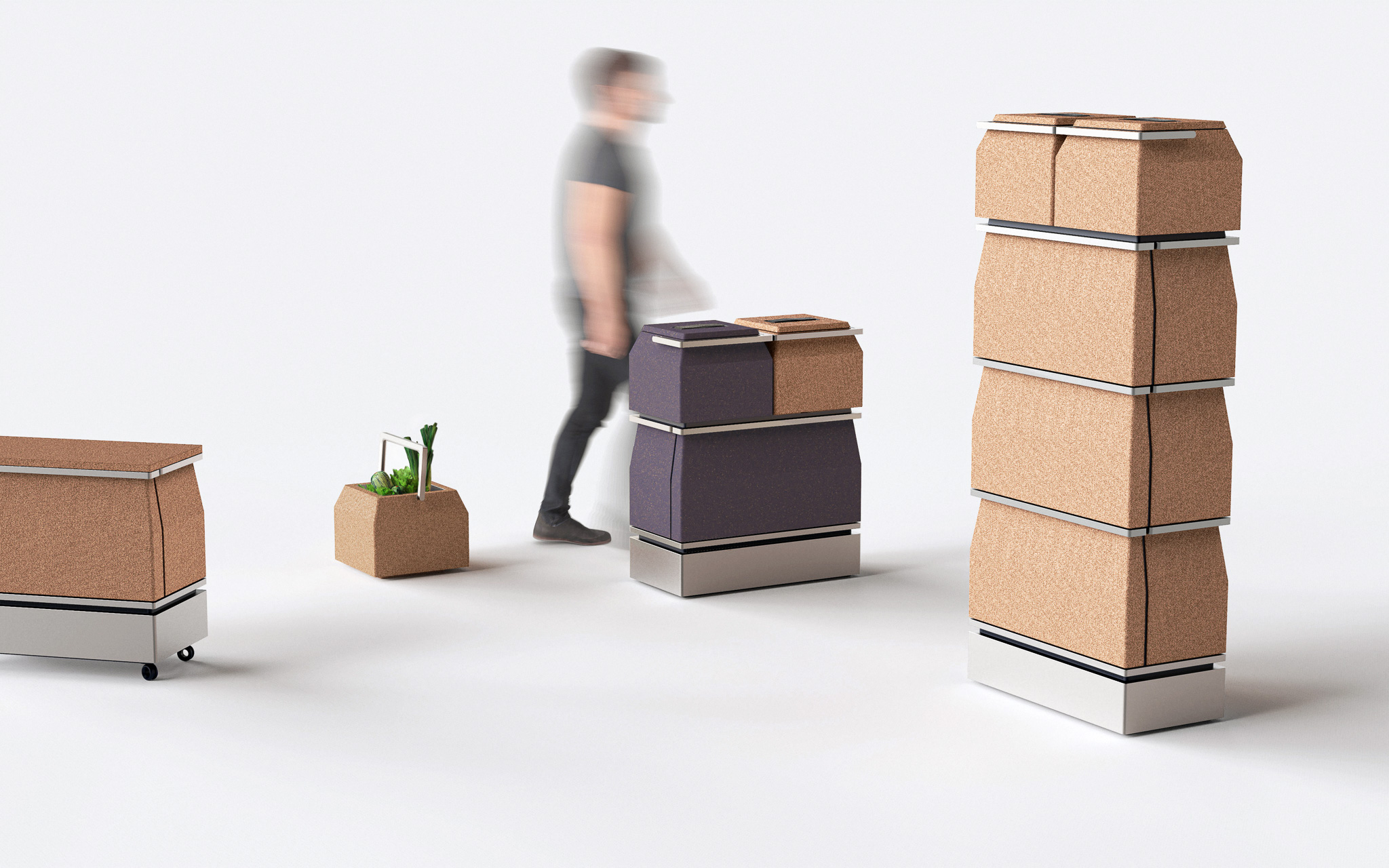
Outdoor Storage
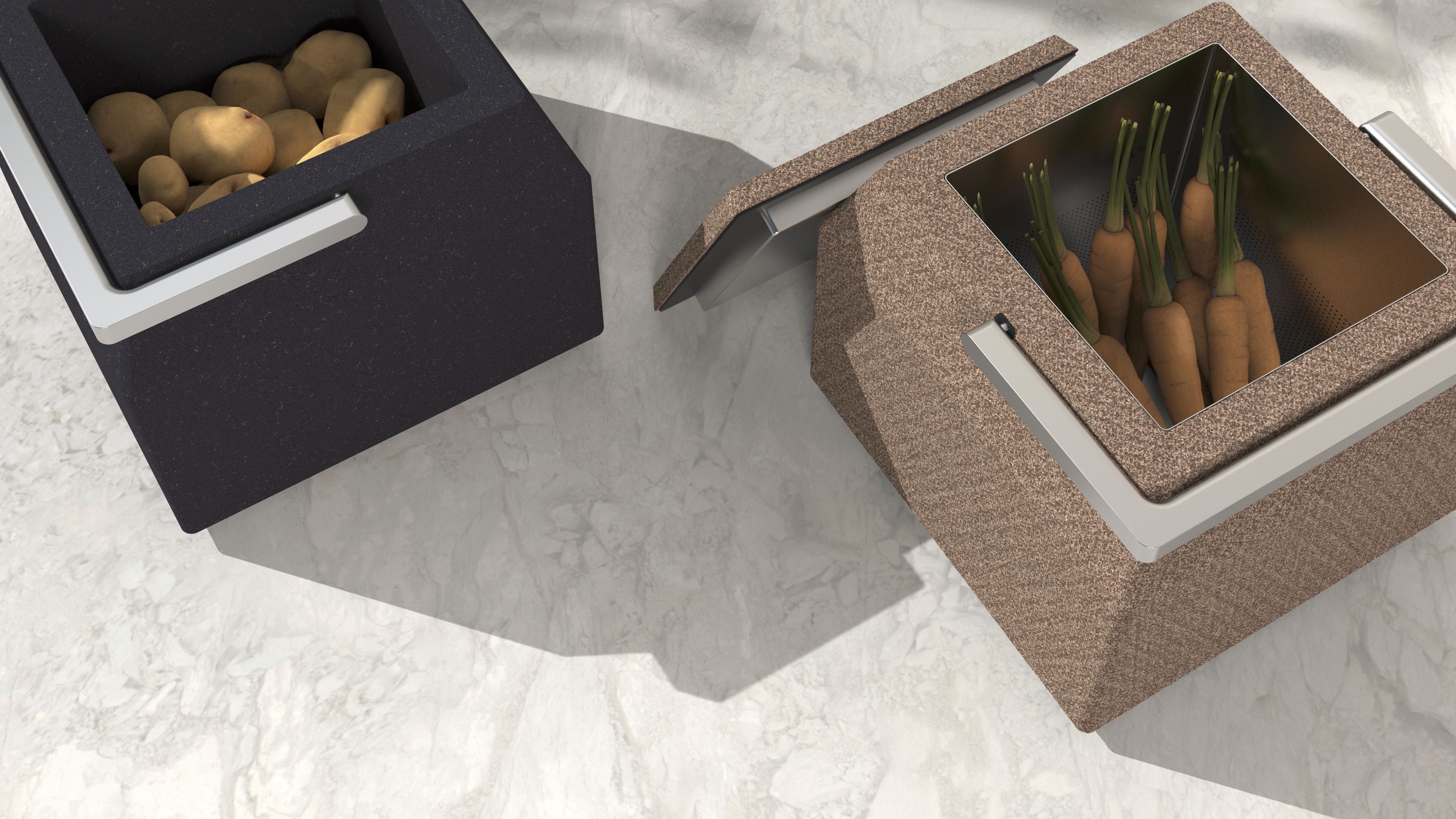
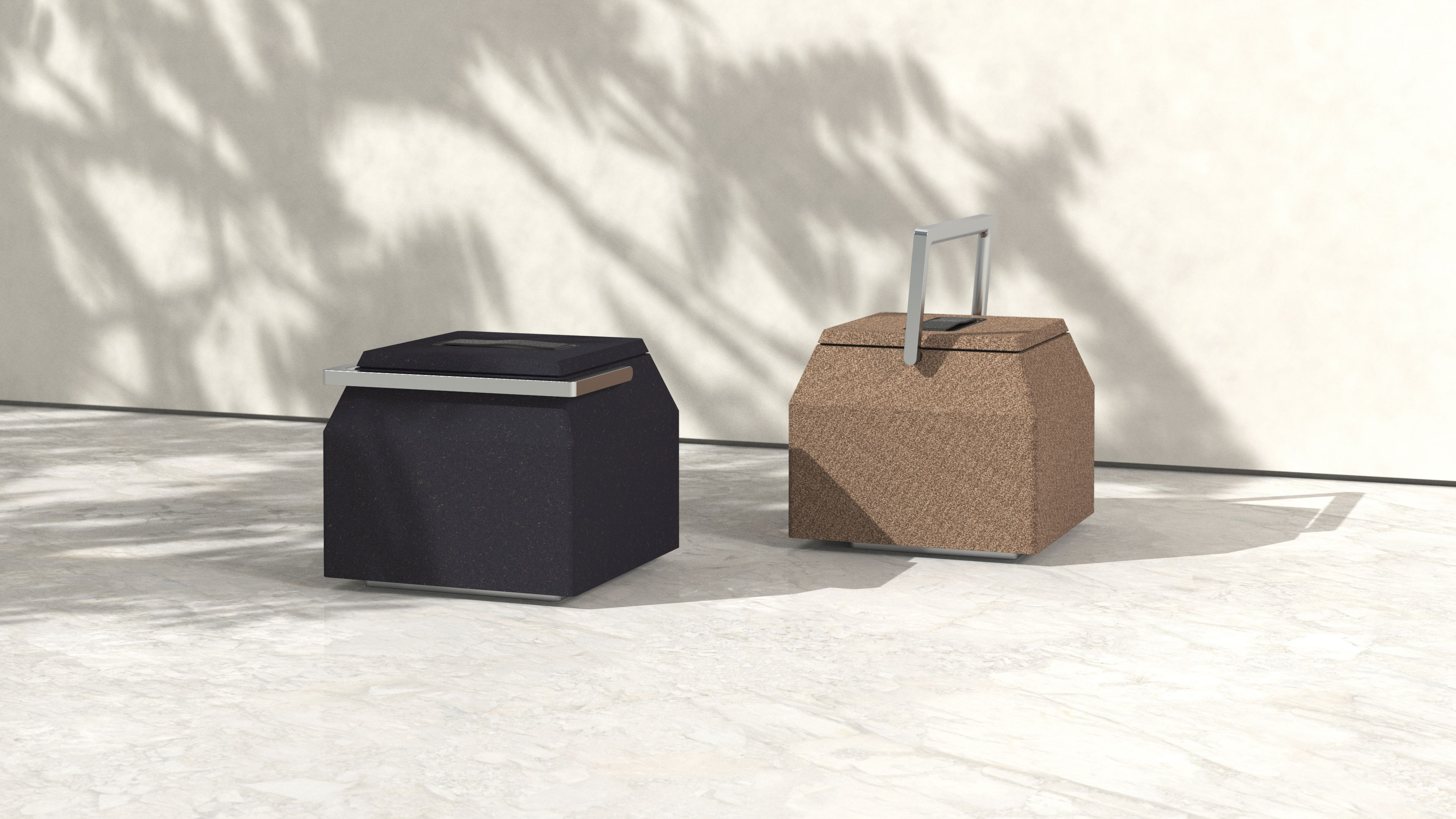
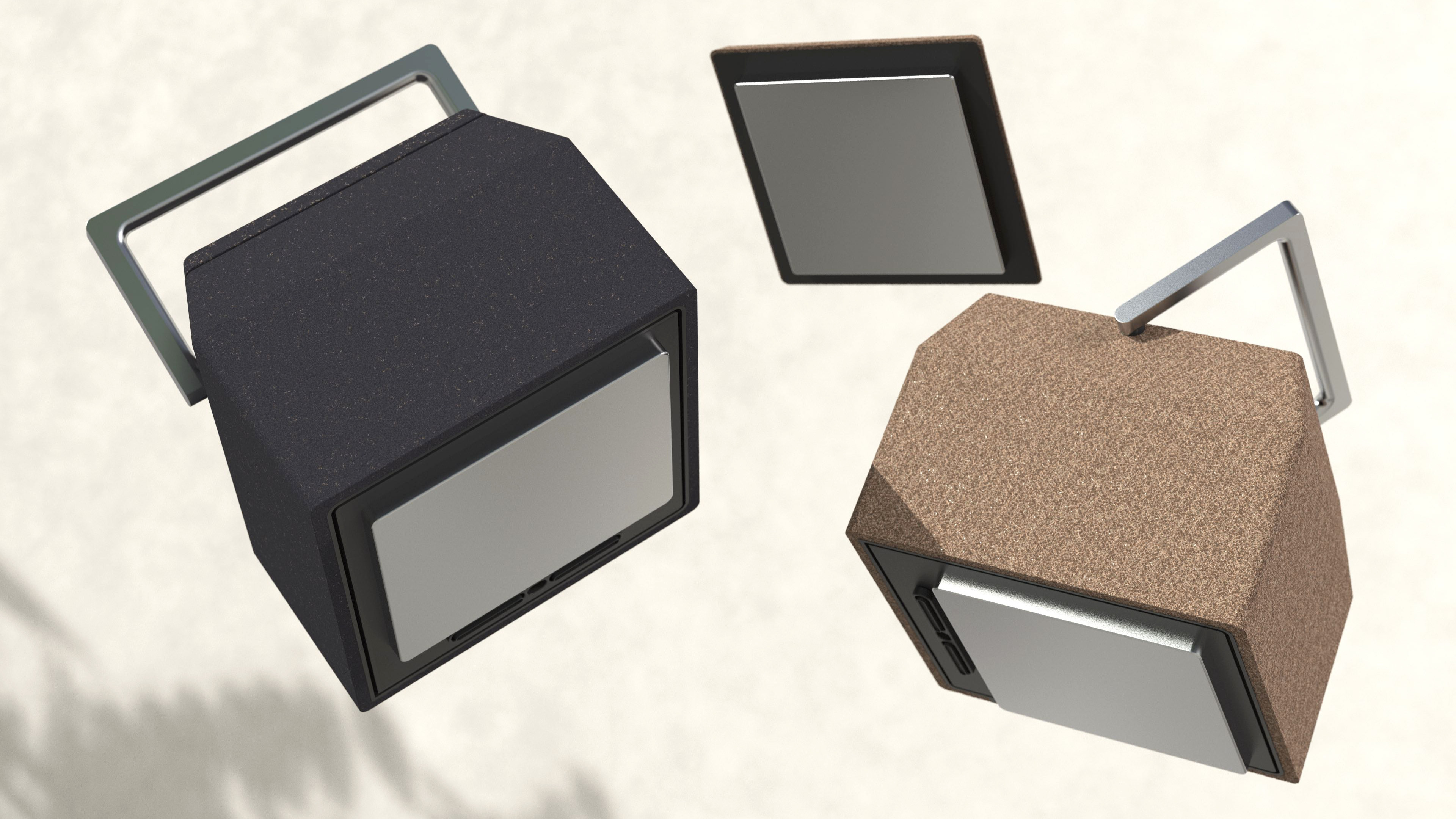
Cycle of use
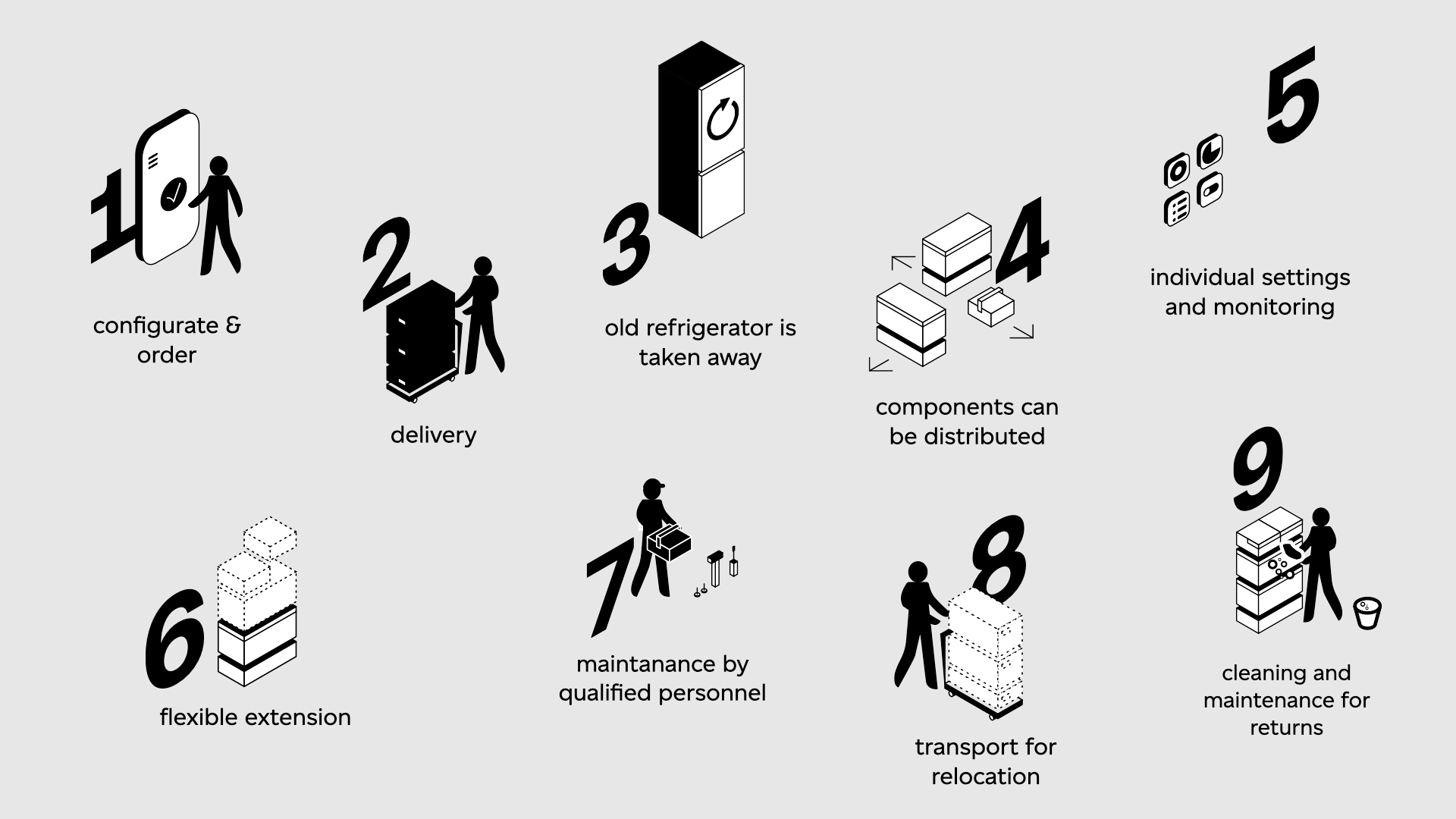
Digital Companion
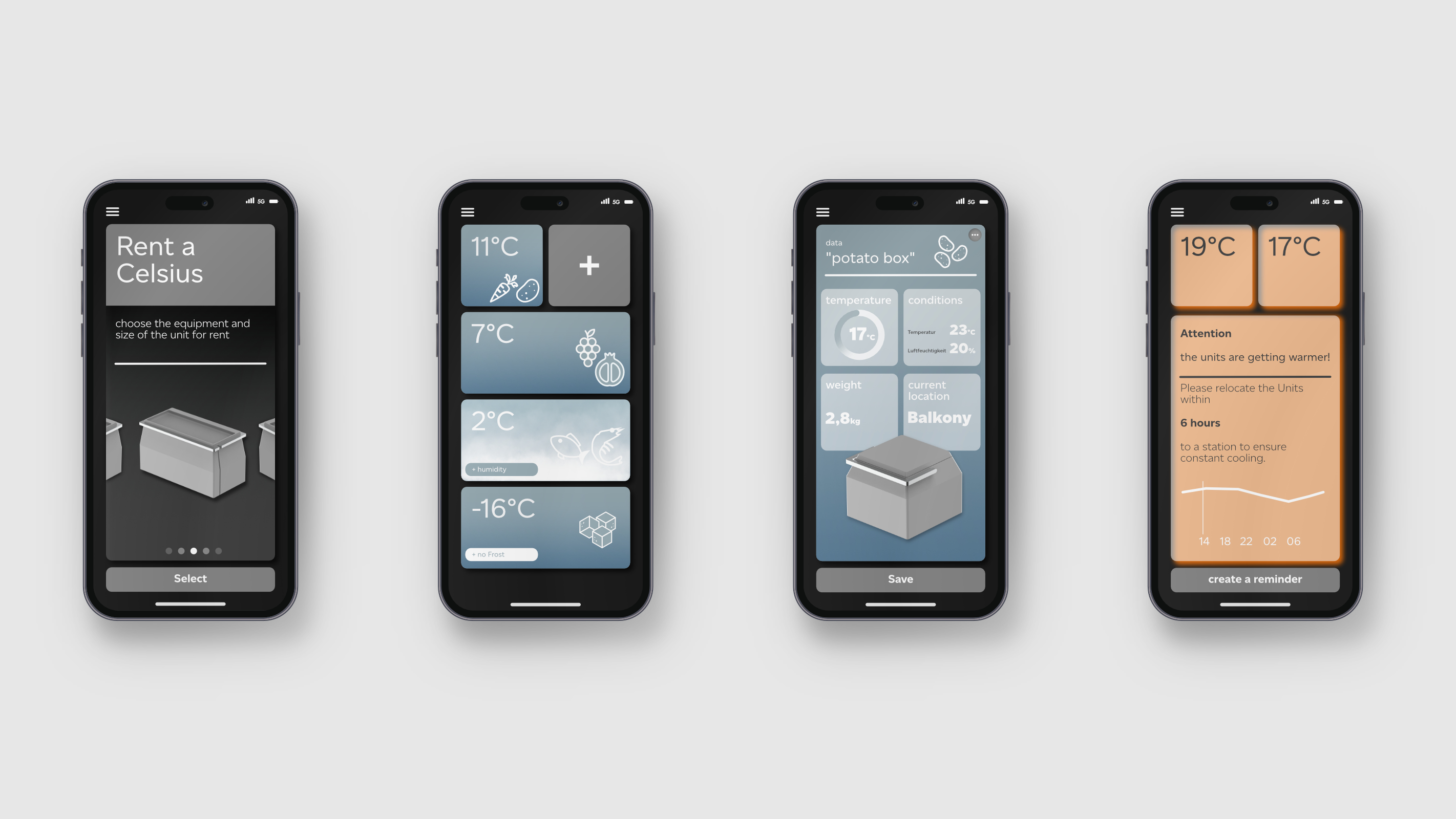
celsius is my bachelor project and was created at weißensee kunsthochschule berlin with the support of Studio F.A. Porsche.